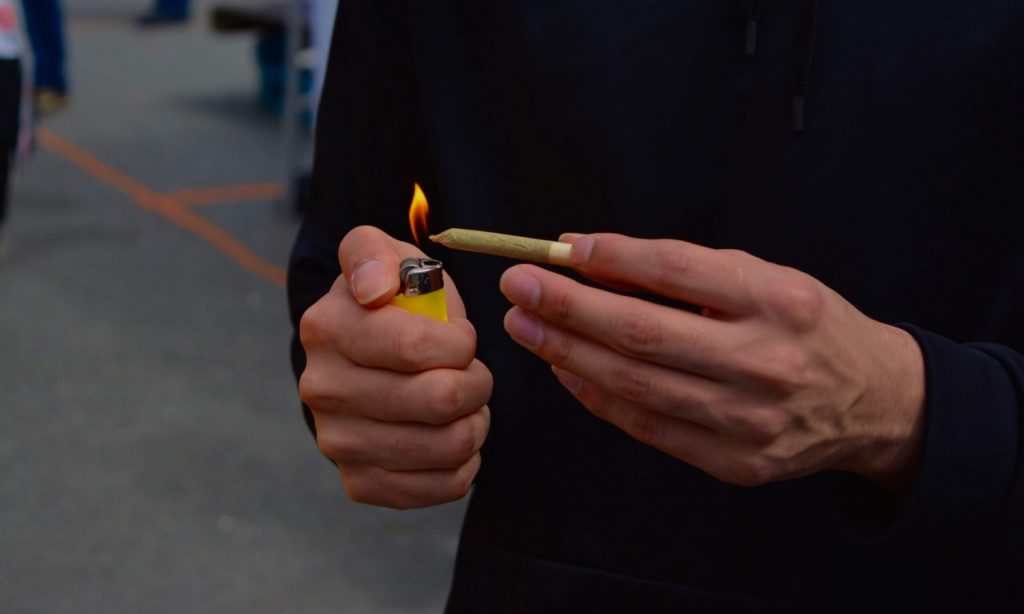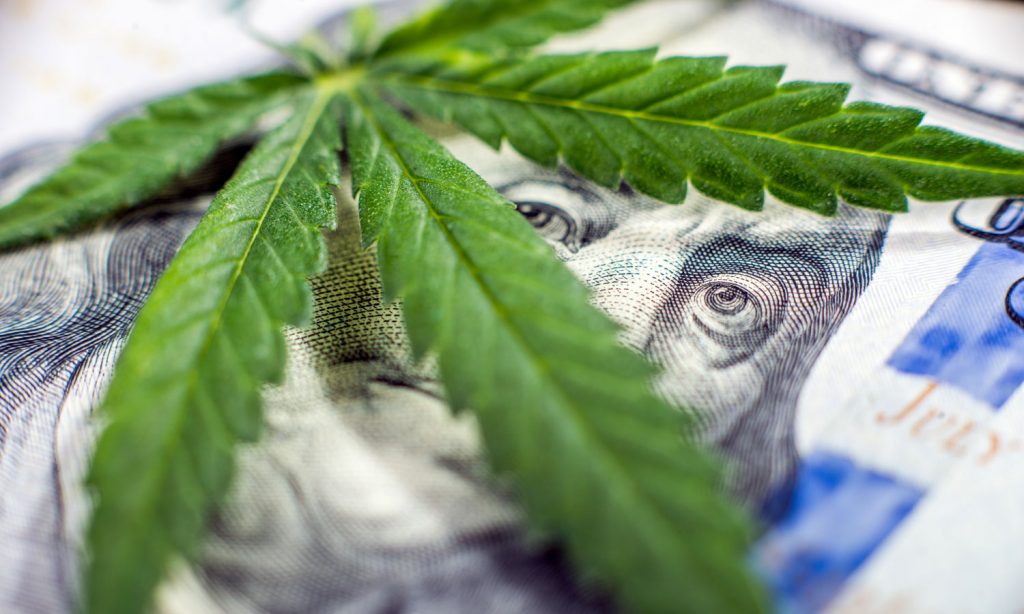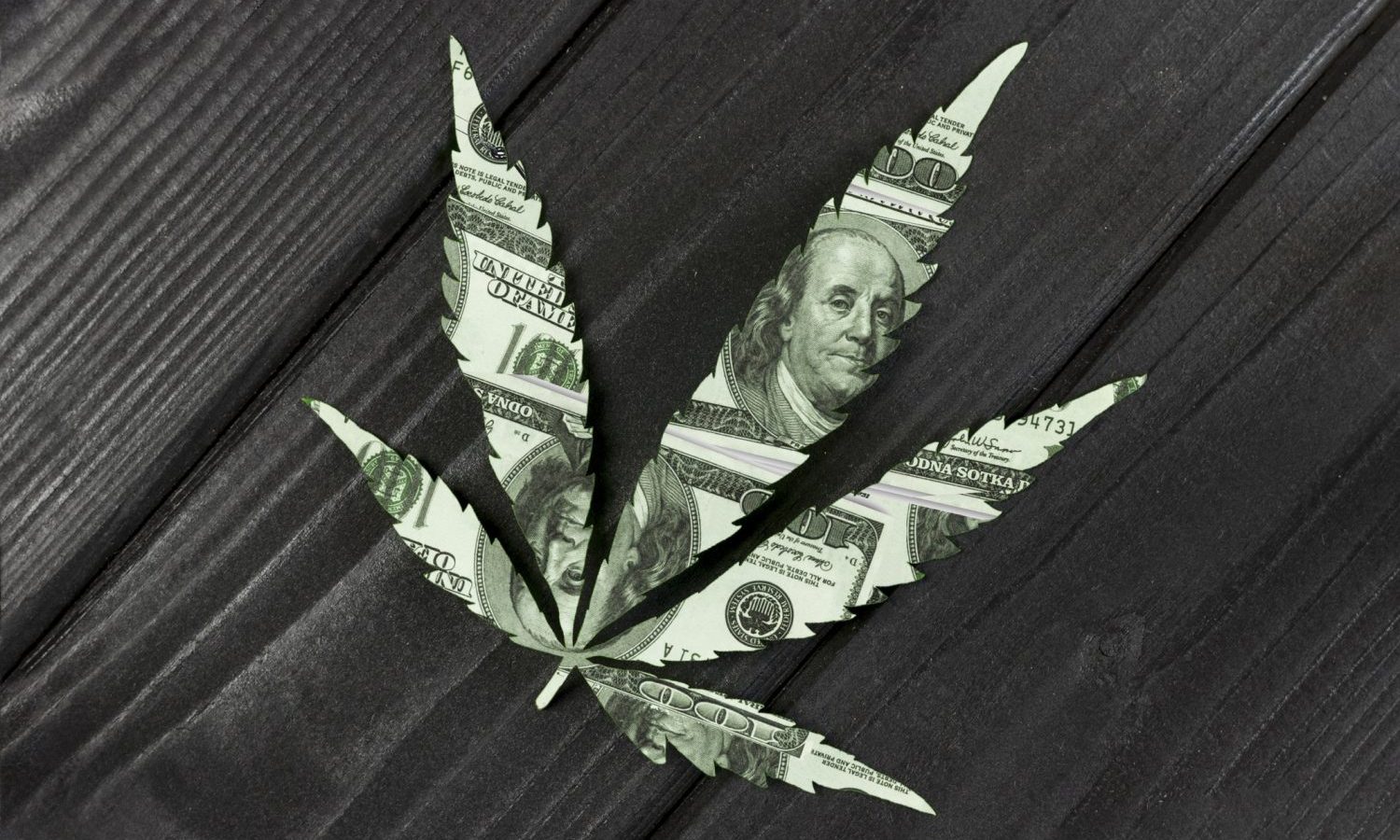As long as there is a spot of prohibition, there will be an opportunity for criminal organizations to capitalize.
Cannabis advocates have argued for years that legalization is the key to ending the black market pot trade. However, it’s been more than a decade since Colorado became the first state to legalize the leaf for recreational use, and the illicit marijuana market hasn’t gone anywhere.
Some reports show that 80% of California’s weed sales are still made in the black market, despite full-scale legalization. Nevertheless, this is not legalization’s fault, according to the advocacy groups. They blame high taxes as one of the primary reasons that black-market marijuana won’t die.

“By raising the price of marijuana for consumers, these costs undermine a major competing purpose of legalization: elimination of the black market,” claims a political study published last year by Reason Foundation. “As demonstrated by alcohol and cigarettes, excessive taxation can influence consumers’ decisions to patronize the black market.”
In many ways, statewide marijuana legalization, even without the high tax rates, has stoked black market commerce nationwide. Aside from an influx of unlicensed pot shops operating in legal states — making it challenging for legal operations to remain profitable — illegal growers are using the liberal pot laws to produce a surplus of illicit pot and export it to areas of prohibition.
As I pointed out in a 2018 column for Forbes, marijuana legalization makes the black market better in prohibition states. It allows pot consumers in places like Indiana and Kentucky, where weed is still as illegal as ever, to purchase several different strains, concentrates, edibles, anything really. This crucial part of the illicit trade has nothing to do with high taxes.
It’s all about demand.
Taxation instead of criminalization is what cannabis advocates have spent decades trying to sell. It was the leading advantage long before anyone ever thought that weed would eventually go legal. “Can you imagine how much money the government would make if they would just legalize it?” was the typical spiel coming from the mouths of defenders of the doob. But now, they complain that the taxation scheme isn’t all it’s cracked up to be. Still, it’s not even that local and state governments are failing to generate substantial revenues by selling weed to adults 21 and over. Colorado continues to collect roughly $50 million a month from legitimate pot shops.
RELATED: Marijuana Legalization Makes Black Market Weed Cheaper, Heroin More Expensive
Nevertheless, the illicit pot trade doesn’t appear to be going anywhere soon. As we’ve seen over the years, states that have legalized marijuana for recreational use are not willing to give up tax dollars for the sake of crippling the black market. Illinois has one of the highest tax rates in the nation. Meanwhile, Colorado voters will decide later this year to increase pot taxes to boost out-of-school learning.
Will this hike drive more customers into the black market? Some industry experts argue that Colorado pot consumers are too invested in legal weed to return to the black market now.

“Even if taxes inch up and black market prices go down, an eighth of weed is still the same price — if not cheaper — as it was through a weed dealer in 2014,” wrote Herbert Fuego for the Denver Westword. “That’s good enough for most people who don’t smoke every day, and heavy users now find the most reliable concentrates at dispensaries.”
Other cannabis industry officials admit that the black market pot trade is probably going to stick around a while. “I don’t think we’re ever completely going to eliminate the illicit market, I think that’s probably unrealistic,” Steve Hoffman of the Massachusetts Cannabis Commission told Politico.
RELATED: Why The Black Market Continues To Thrive — And What Is Being Done About It
The real cause of the tenacious black market pot trade isn’t high taxes. It’s nationwide prohibition. Once the federal government legalizes it like alcohol and tobacco — something Senate Majority Leader Chuck Schumer is trying to do — more states will jump on board the trend, if for no other reason than the tax revenue. Schumer’s plan comes with a 25% tax rate, which some states worry will cause financial hardships. “If a national market is not rolled out carefully and in stages, large companies, particularly existing tobacco-focused companies, will be able to move into new markets immediately, displacing and pushing out smaller players,” wrote Colorado Attorney General Phil Weiser
It will be these large corporations, however, that stand the best chance at competing with a tax-free black market.
In the end, adult-use marijuana laws in every state are the only way to effectively combat the black market. As long as there is a spot of prohibition, there will be an opportunity for criminal organizations to capitalize. Even when fully legal, just like with alcohol at the end of federal prohibition, illicit operations will continue to hang around for a while. Eventually, though, the people will pay to get their pot legally and the black market will become almost nonexistent. Almost.


